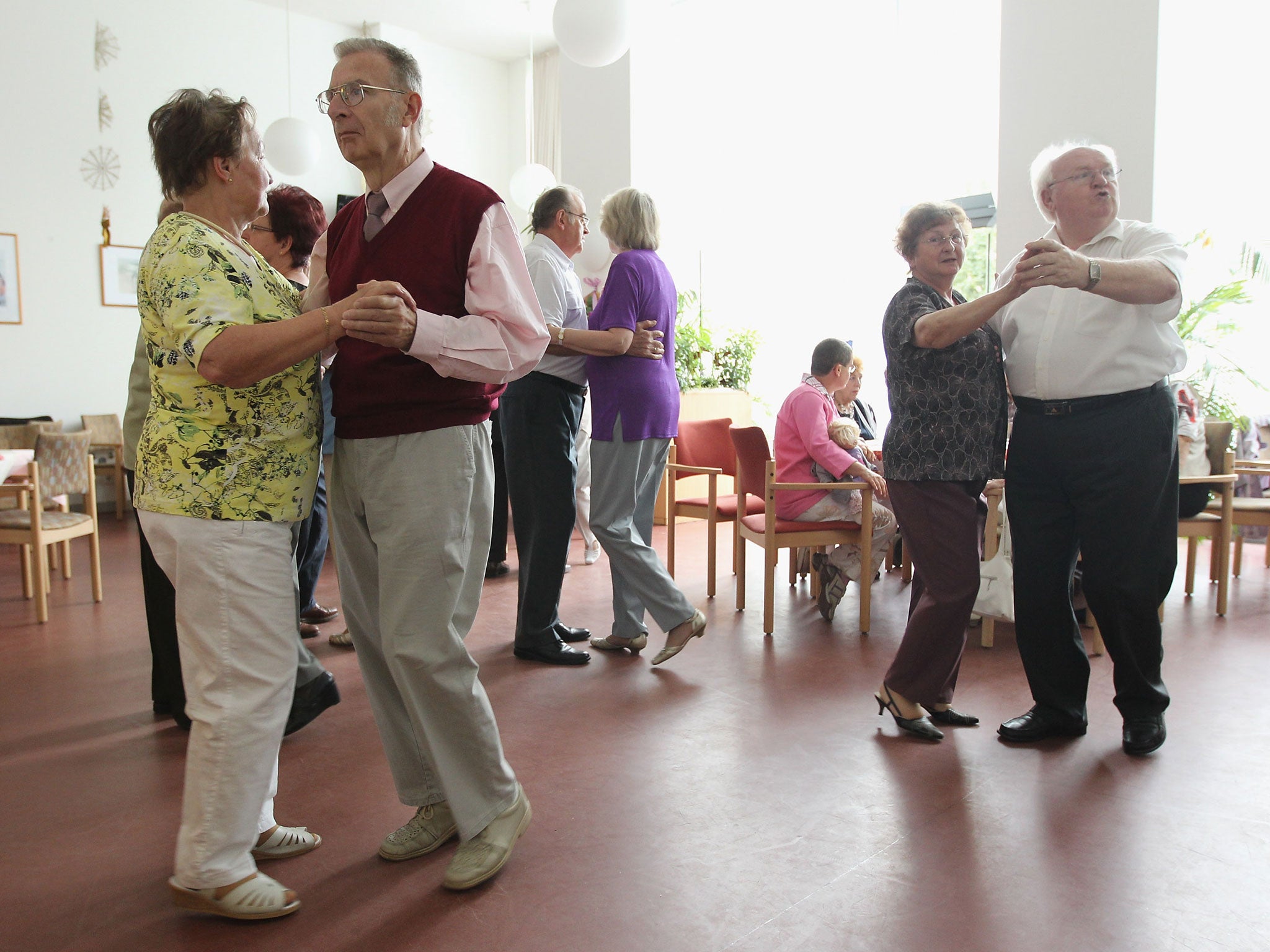Older people don't lose cognitive power they just know too much, say scientists
Researchers from Germany claim that brains function like hard drives - the more information we put in them, the longer it takes to recall it

Your support helps us to tell the story
From reproductive rights to climate change to Big Tech, The Independent is on the ground when the story is developing. Whether it's investigating the financials of Elon Musk's pro-Trump PAC or producing our latest documentary, 'The A Word', which shines a light on the American women fighting for reproductive rights, we know how important it is to parse out the facts from the messaging.
At such a critical moment in US history, we need reporters on the ground. Your donation allows us to keep sending journalists to speak to both sides of the story.
The Independent is trusted by Americans across the entire political spectrum. And unlike many other quality news outlets, we choose not to lock Americans out of our reporting and analysis with paywalls. We believe quality journalism should be available to everyone, paid for by those who can afford it.
Your support makes all the difference.A new study of memory recall in older people suggests that our brains don’t lose cognitive power with age they just recall information more slowly, like a computer filled to bursting with data.
“The human brain works slower in old age but only because we have stored more information over time,” said Dr Michael Ramscar of Tübingen University in Germany and lead author of the study. “The brains of older people do not get weak. On the contrary, they simply know more.”
Dr Ramscar’s research focused on re-evaluating the standard measures for cognitive performances, methods that he and his team claim are flawed.
Using computers, the researchers modelled memory recall from different stages in an adult’s lifetime, finding that when the computers’ memory bank was smaller their performance resembled a young adult. When the computer was asked to recall information from a larger data set the performance looked more like that of an older adult.
"Imagine someone who knows two people's birthdays and can recall them almost perfectly,” said Dr Ramscar. “Would you really want to say that person has a better memory than a person who knows the birthdays of 2000 people, but can 'only' match the right person to the right birthday nine times out of ten?”
Calibrating their computer models to work with linguistic datasets, Ramscar’s team found that tests of memory recall do not take into account the difference in vocabulary sizes between older and younger people.
"Forget about forgetting," said fellow researcher Peter Hendrix, "if I wanted to get the computer to look like an older adult, I had to keep all the words it learned in memory and let them compete for attention."
Another test conducted by the team asked volunteers to remember pairs of un-related words such as ‘necktie’ and ‘cracker’, a task that young people perform better at than older individuals.
The team from Tübingen suggest that this is because older adults have a lifetime of knowing which words should come together, and are therefore less likely to remember the unrelated pairs.
"If you think linguistic skill involves something like being able to choose one word given another, younger adults seem to do better in this task. But, of course, proper understanding of language involves more than this,” said Professor Haraly Baayen of the Alexander von Humboldt Quantitative Linguistics research group where the work was undertaken.
“You have also to not put plausible but wrong pairs of words together. The fact that older adults find nonsense pairs - but not connected pairs - harder to learn than young adults simply demonstrates older adults' much better understanding of language.”
“They have to make more of an effort to learn unrelated word pairs because, unlike the youngsters, they know a lot about which words don't belong together."
The study was published in the journal Topics in Cognitive Science
Join our commenting forum
Join thought-provoking conversations, follow other Independent readers and see their replies
Comments